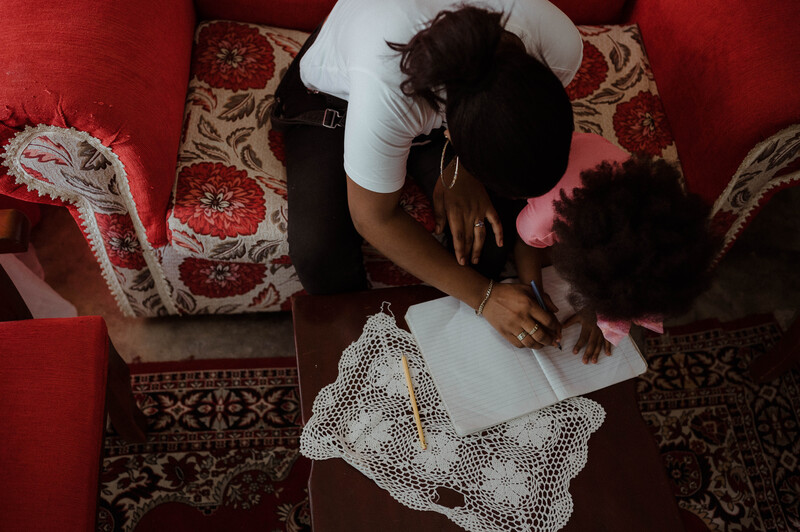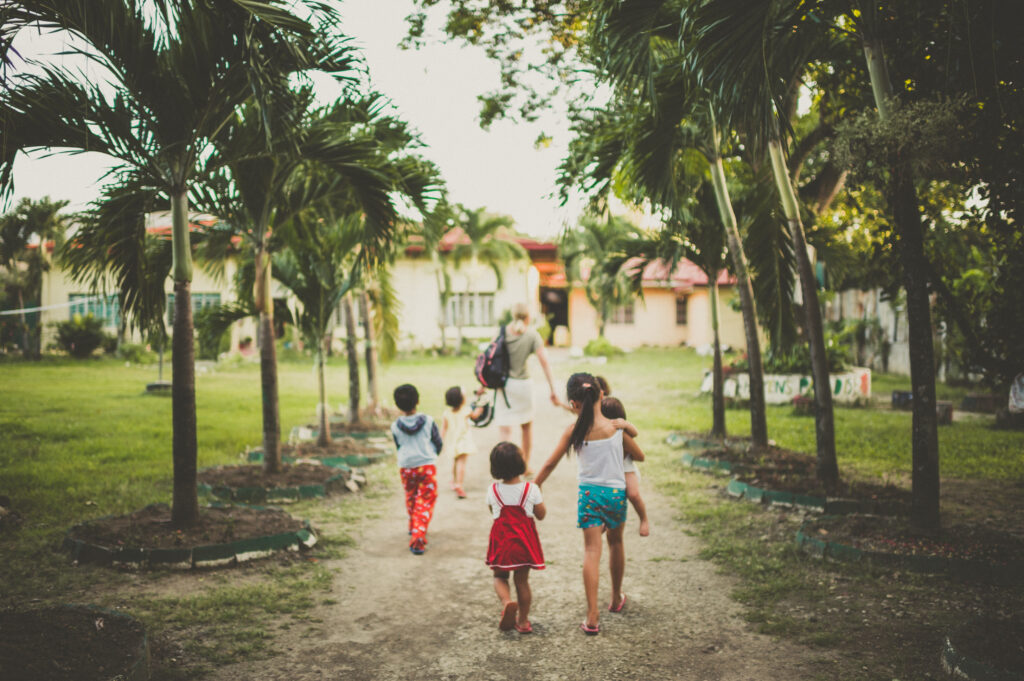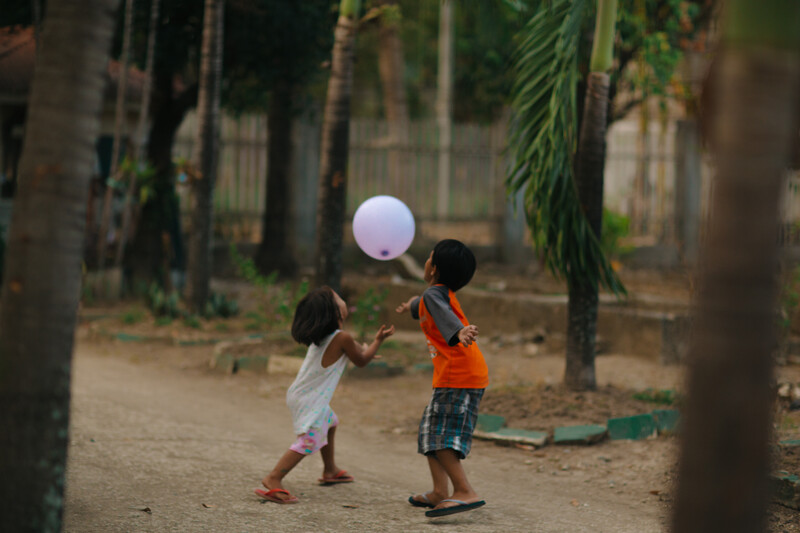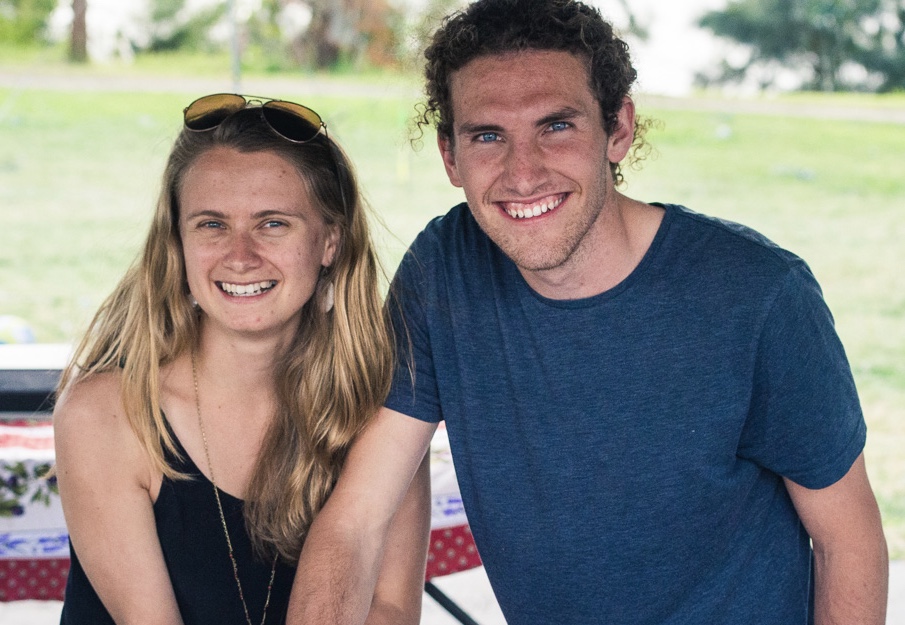
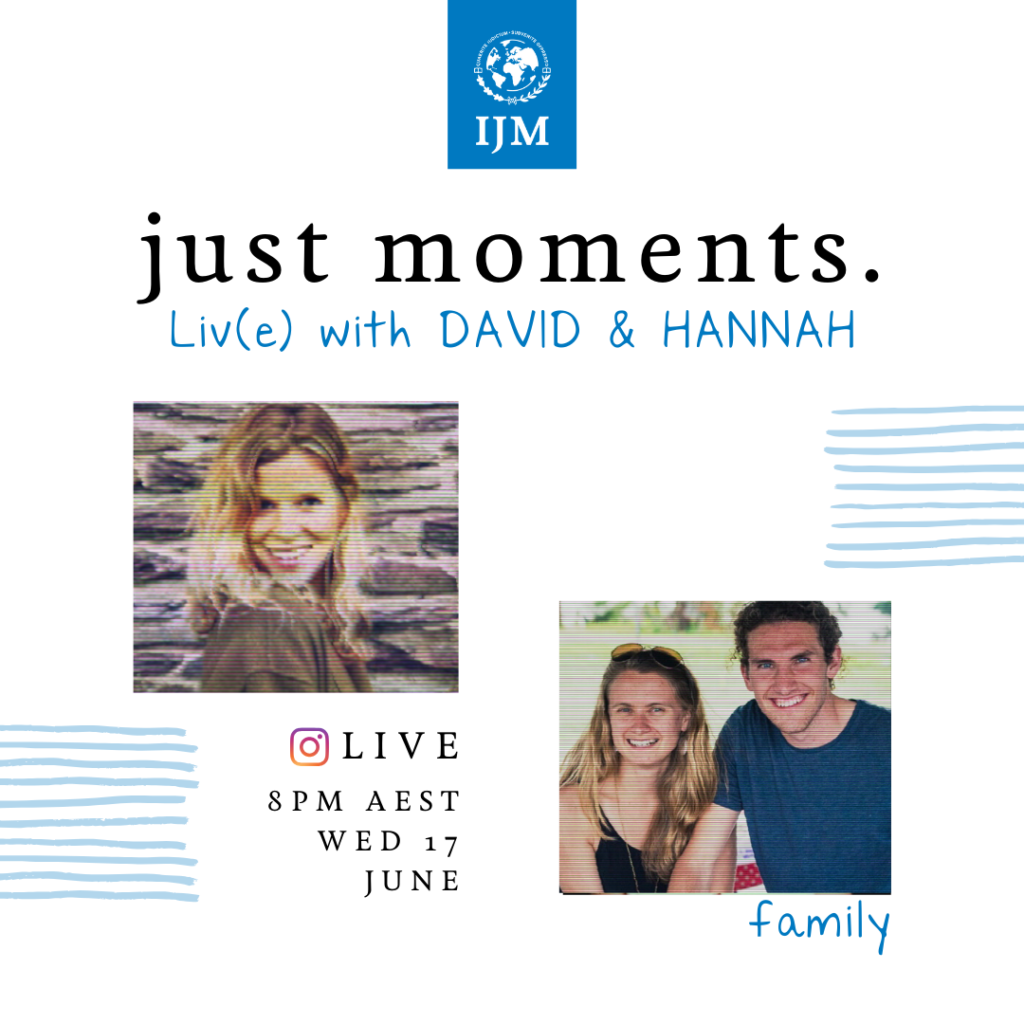
In our Just Moments series, our Events & Marketing Coordinator, Olivia Neville, spoke to IJM Aftercare Fellows David and Hannah Wilkinson. They’ve been serving with our Manila team.
It forms part of our focus on the work of aftercare and the process of healing for survivors of cybersex trafficking of children.
Q: Who are you and what’s your connection with IJM?
D: Hannah and I were both born and raised in Western Sydney and we were married two years ago. We’ve always loved the work of IJM, so after a year-long trip around Australia, we applied to serve as Aftercare Fellows with IJM and moved to Manila in September 2019.
Q: Both of you have a background in social work and worked with the IJM Aftercare team in Manila where we rescue and restore survivors of cybersex trafficking. What are some of the shelter needs that survivors have after they are rescued?
H: It was a great privilege to see the work up close. There are so many little details to rescuing and restoring a cybersex trafficking survivor that you might not realise are required, for example:
- Creating care packages for each of the kids – this was one of our pre-rescue tasks
- Medical checks
- Shelter – a place to stay is one of the most immediate needs
That’s just the immediate care. After that, we look at what their medium and long-term needs might be.
Q: You have experience with foster care in Australia. Can you tell us about how you have used your expertise to support the IJM Manila team?
D: I was a researcher at Sydney University at an institute focusing on foster care so I did a research project on training needs of foster carers in Australia. Hannah was an Anglicare foster care case manager and also did a research project on the recruitment process for foster carers.
Q: What are some of the differences between foster care in Australia and in the Philippines?
D: There are some big differences in terms of scope – in the Philippines, foster care is only just becoming established now, whereas in Australia, foster care has been around for a long time. So in Australia, there’s more funding, carers and placements compared to in the Philippines.
Kinship care – placements with relatives like aunts or grandparents – is also emerging in the Philippines and over time this may become more significant than foster care for cultural reasons. At the moment, there is more foster care than kinship care, but I think we’ll see that change as placement with relatives becomes more established.
Q: The way cybersex trafficking tears families apart is really heartbreaking. Can you share one or two encouraging things that you saw in your aftercare work in the Philippines?
H: One of the highlights for me was working with some of the survivors who are quite far down the restoration process. They were moving towards reintegrating into the community and living independently. It was inspiring to see the impact of the love and care they received consistently over a long period of time, and to see how they can recover. In fact, these awful experiences that you would never wish upon anybody actually turned these women, with the right support, into fierce advocates in their own communities.
I attended an event where survivors performed a puppet show for kids to educate them about how cybersex trafficking can occur in the home. These women only get five days of annual leave, and yet they chose to use it to speak into the lives of these kids.
It was so encouraging to see not only that recovery was possible but that these women are so powerful in their advocacy.
Q: What’s something you think our viewers should know or remember about the work of aftercare and restoration?
D: We talk about this crime as being one of the darkest and most evil abuses in the world and yet somehow such light can come out of girls and boys who have experienced incredible trauma. These survivors ooze such life and it’s testament to the fact that redemption and restoration are possible. It’s amazing to bear witness to this.
This post is based on Just Moments: Liv(e) with …, a series of Instagram Live conversations with experts, focusing on the role of aftercare for survivors of cybersex trafficking. Watch it here.
You can support important work like this by giving to IJM Australia’s Found to Free campaign by 30 June.
